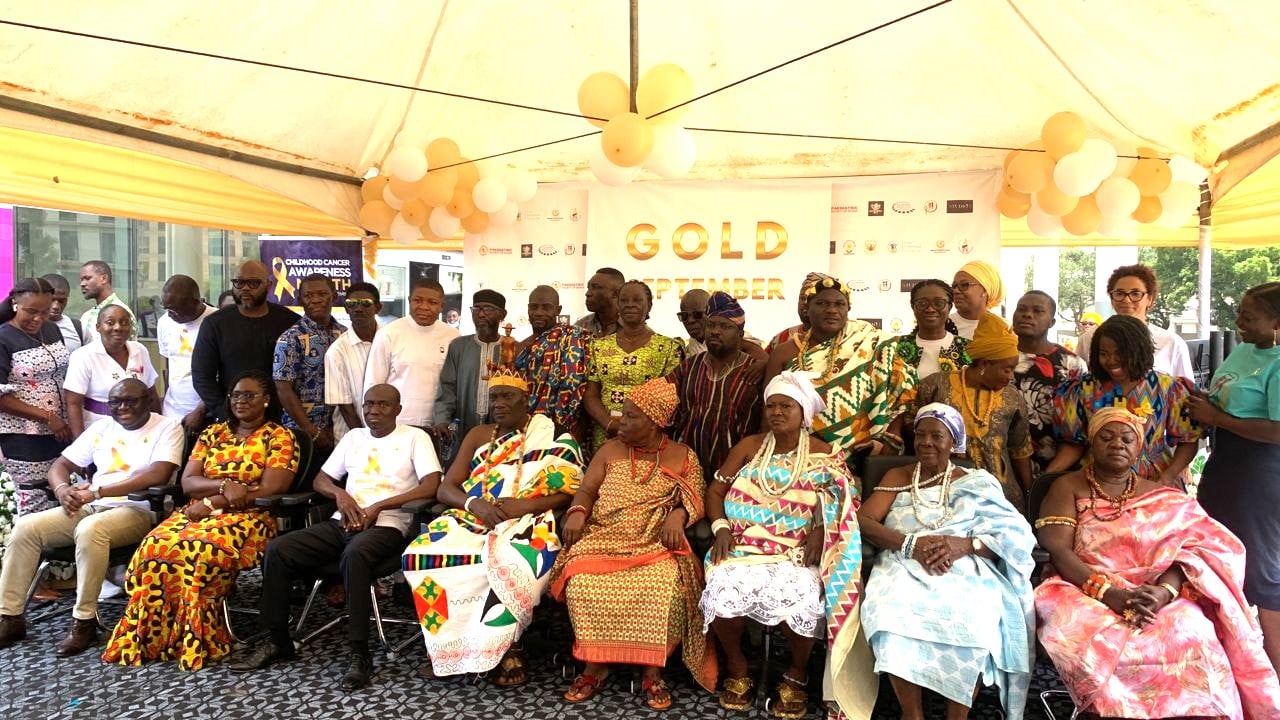
By Sandra Agyeiwaa OTOO
The newly elected President of the Chartered Institute of Taxation, Ghana (CITG), Ernestina Christiana Appiah, has stressed that taxation remains the foundation of national development; however, public mistrust and low compliance continue to undermine its potential.
She made this statement at the swearing-in ceremony of new executives in Accra while outlining ambitious vision to transform the country’s tax landscape through education, collaboration and continental partnerships.
“Taxation is the life-blood of national development. Through fair, efficient and transparent tax systems, we build schools, hospitals, infrastructure and the future we all desire. Yet, for many citizens, taxation remains misunderstood and sometimes mistrusted,” she mentioned.
According to her, Ghana’s tax base remains narrow, with only 15 percent of potential taxpayers contributing significantly to national revenue. She added that the heavy reliance on indirect taxes and the environmental impact of illegal mining further complicate the fiscal space.
“We, therefore, find ourselves at a defining moment. Ghana’s tax landscape faces challenges: low compliance, with only 15 percent of potential taxpayers contributing significantly to Ghana’s tax revenue mobilisation. The weight of indirect taxes on our people and the economic toll of illegal mining degrades our environment and drains our resources,” she revealed.
Mrs. Appiah noted that while Ghana’s tax system faces challenges, her institution also presents opportunities for reforms through strong leadership and innovation. She reaffirmed her campaign vision of a #VisibleCITG, emphasising that this mandate will be anchored on five key pillars to guide the institute’s work.
She explained that the first step is making CITG more accessible and relatable to citizens. This, she noted, will be done through nationwide tax education, media collaborations and community outreach. For her, the goal is for every Ghanaian – from traders in Makola and artisans in Suame Magazine to teachers in Bolgatanga and farmers in Wa – to understand the value of taxation and recognise the institute as its champion
The second pillar, she said, will focus on strengthening the institute’s membership by mentoring young professionals, empowering women and enhancing regional chapters. “Secondly, our members are the heartbeat of the institute. To build the next generation of leaders, we will establish mentorship programmes for young professionals, create leadership pathways for women and strengthen our regional chapters. A strong institute must reflect the diversity and strength of its membership,” Mrs. Appiah mentioned.
On partnerships, Mrs. Appiah stated that “no single institution can reform Ghana’s tax space alone. We will deepen our collaboration with the Ghana Revenue Authority, the Ministry of Finance and the Ministry of Education to promote voluntary compliance and integrate tax literacy in our educational institutions”.
She also revealed plans to take CITG onto the continental stage through partnerships with the African Tax Administration Forum (ATAF) and the African Continental Free Trade Area (AfCFTA), showcasing Ghana’s expertise and building networks across the region.
The first female president of the institute pledged to reinforce CITG’s legal and institutional framework, noting that while Act 916 provides a solid foundation, current challenges call for reforms. She stressed that the institute will pursue amendments that drive innovation, inclusivity and transparency, ultimately strengthening its credibility and positioning it as a modern, forward-looking professional body.
The immediate past President of the Chartered Institute of Taxation, Ghana (CITG), George Ohene Kwatia, in a speech, called on the newly elected executives to build on the institute’s gains with courage, vision and a spirit of service.
“As we hand over the mantle to the newly elected executives, I urge them to build on these achievements with courage and vision. Leadership in this institute has never been about titles, but about service. It is about advancing the profession of taxation, shaping national policy and positioning the institute as a thought leader of global repute. The road ahead is greater and it will require fresh ideas, renewed energy and unwavering dedication,” he urged.
The post Taxation is the life-blood of national development– newly elected CITG president appeared first on The Business & Financial Times.
Read Full Story












Facebook
Twitter
Pinterest
Instagram
Google+
YouTube
LinkedIn
RSS